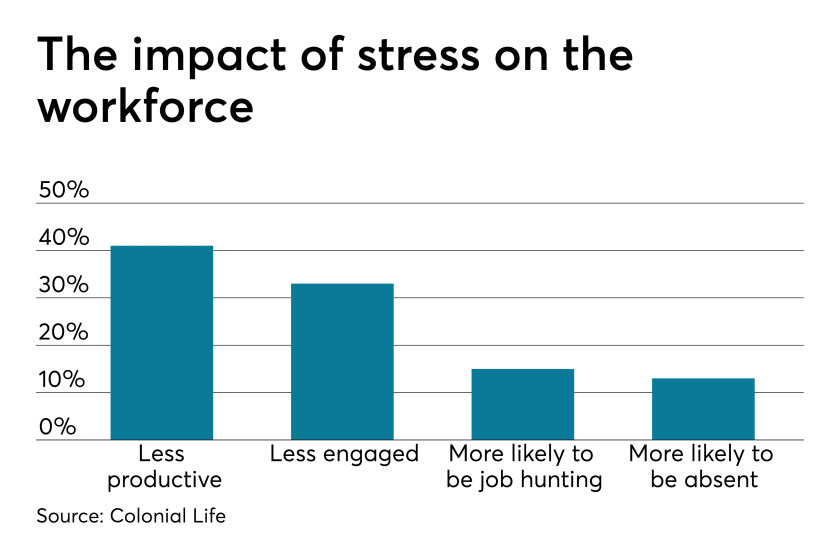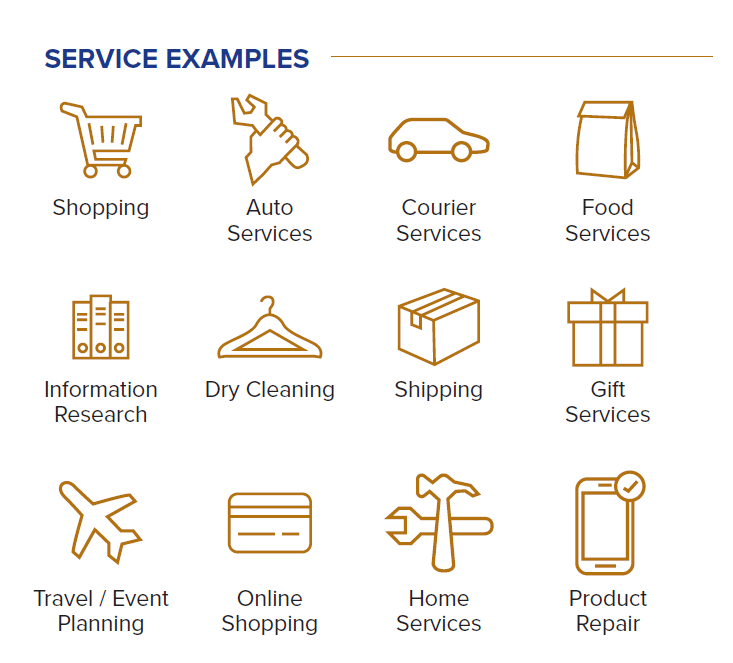 Should organizations help their employees with adulting?
Should organizations help their employees with adulting?
As businesses strive to maintain engagement levels, reduce burnout and combat escalating turnover rates, a crucial question arises: Should organizations play a role in supporting their employees as they tackle the challenges of adulting?
The Escalating Cost of Employee Burnout
Presently, 44% of employees grapple with burnout, a surge from 40% in 2016. This shift translates to an additional $125 billion to $190 billion in annual healthcare spending, as per Gallup. Notable figures include:
- Job-related stress costs the U.S. industry an estimated $300 billion yearly, resulting in absenteeism, diminished productivity, and medical expenses.
- Almost half (46%) of HR leaders attribute up to half of their yearly turnover to employee burnout.
Adulting benefits are effective because they give employees the number one resource they need to decrease stress — time. In turn, the likelihood of developing burnout drops. As a result, employers experience:
- Increased productivity and engagement
- Reduction in presenteeism and absenteeism
- Increased retention
The Burnout Generations
Decreasing burnout was already a top priority for most organizations, but they’ve kicked their efforts into overdrive because in less than a year, the most burned-out generations in history, millennials and Gen Z, will make up 50% of the workforce, amplified this emergency.
- Millennials report the highest overall stress levels, averaging 5.7 on a scale of 10, followed closely by Gen Z at 5.3, with baby boomers at 4.1.
- Gen Z exhibited the poorest mental health, according to the American Psychological Association’s stress report.
- A staggering 91 percent of Gen Z frequently experience physical or emotional stress-related symptoms, including depression and anxiety.
The Emergence of Concierge Services: A Solution to Errand Paralysis
A promising trend in this landscape is employee concierge services. These services target the byproduct of stress disproportionately affecting millennials and Gen Z – errand paralysis.
“Errand paralysis” denotes the inability to complete mundane non-work tasks, which can’t be streamlined through apps. In her investigative piece “How Millennials Became the Burnout Generation,” Anne Helen Peterson aptly defines this condition.
Peterson asserts that errand paralysis is a manifestation of burnout rather than a sign of entitlement or laziness. This perspective shift is vital, as considering burnout a personal failure exacerbates its prevalence. While millennials and Gen Z might possess the same amount of free time as previous generations, the demands on that time have surged dramatically, leaving “adulting” tasks neglected.
Peterson asserts that errand paralysis is a symptom of burnout rather than a sign of entitlement or laziness. This is an important distinction because the perception of burnout as a personal failure drives its growth. While it’s true that millennials and Gen Z have the same amount of free time as their predecessors, the demands on that time have increased significantly, and what gets left in the dust is adulting.
Adulting With Convenience Services
Adulting benefits prove their efficacy by providing employees with their most precious resource – time. This, in turn, reduces the likelihood of burnout, leading to:
- Increased productivity and engagement
- Mitigated presenteeism and absenteeism
- Enhanced employee retention
Stress significantly contributes to burnout and reduced employee engagement – precisely where adulting benefits play a pivotal role.
The brilliance of concierge services lies in their seamless integration into employees’ lives. By taking time-consuming tasks off their hands, these services do more than just free up moments; they liberate the mind from the mental burden of managing an array of logistical responsibilities.
With the deft touch of concierge assistance, employees can refocus their energy and cognitive resources on what truly matters – their professional pursuits, creative endeavors, and personal connections.
However, the impact of these services extends beyond personal convenience. Organizations foster a culture of empathy and holistic support by acknowledging and addressing the real-life challenges that employees encounter outside of their professional roles. This sends a resounding message that the well-being of their workforce is not confined to office walls; it permeates every facet of their lives.
The initial step toward the right benefit path for your organization involves gauging your workforce’s pulse. If stress, time management, and burnout emerge as predominant concerns, bolstering your benefits package with adulting perks might be the solution. Ultimately, supporting employees in navigating their adult responsibilities could translate to substantial gains for your bottom line.

